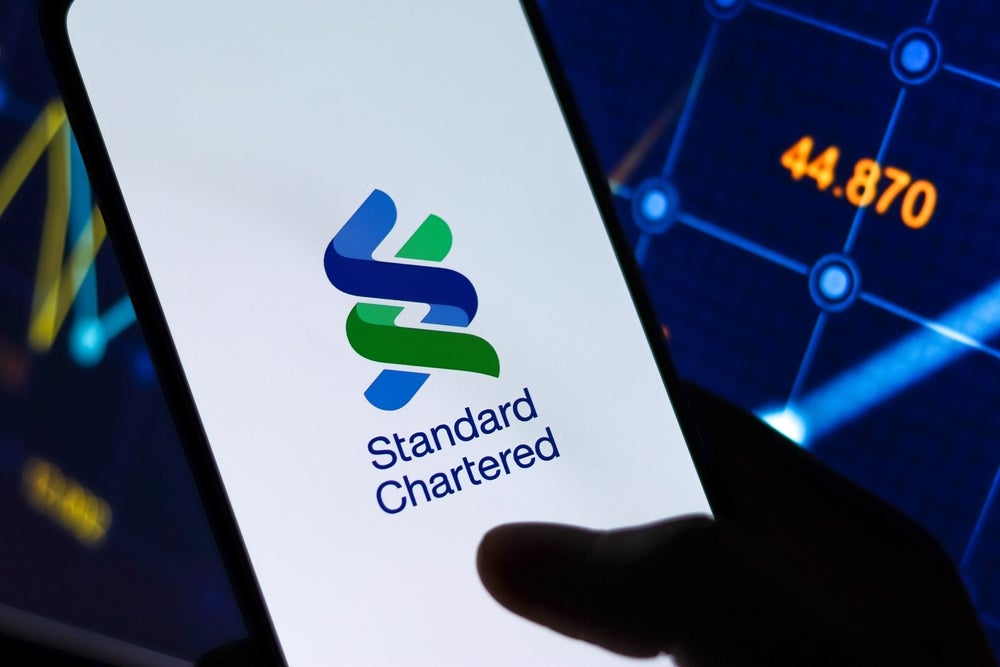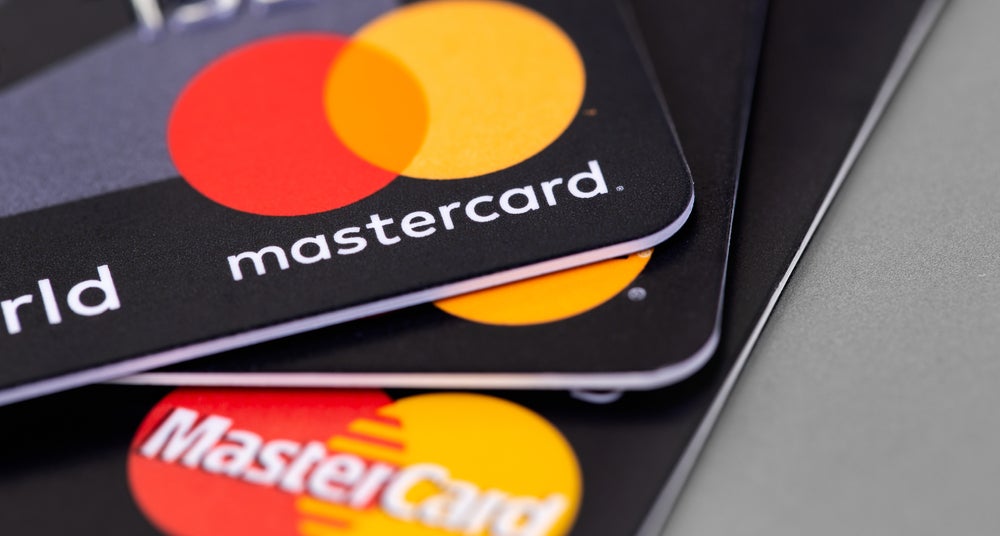Visa and MasterCard have agreed to loosen
anti-competitive price restrictions after the US Department of
Justice filed an antitrust complaint against the companies.
The card associations will relax restrictions
on US merchants which limit their ability to offer discounts or
incentives to consumers in order to promote cheaper methods of
payment.
American Express (Amex), which was also
included in the lawsuit, refused to join the settlement, arguing
that with just 24 percent, it did not have enough market power to
force merchants to surcharge goods in order to balance out swipe
fees.
It comes after the Department of Justice (DoJ)
filed a civil investigative demand (CID) in October 2008 on the
process of surcharging and “merchant steering” by card
associations. Current practises restrict merchants from charging
higher prices for accepting card payments or steering consumers to
other payment types.
Visa and MasterCard have a combined market
share of 70 percent and are considered by the DoJ to have the power
to influence prices merchants charge because of the scale of their
operations.
The case with American Express is not as clear
cut. Research by analysts at Keefe, Bruyette and Woods (KBW) shows
more than 63 percent of merchants accept Visa and MasterCard, while
American Express can be used in 37 percent of US stores.
How well do you really know your competitors?
Access the most comprehensive Company Profiles on the market, powered by GlobalData. Save hours of research. Gain competitive edge.

Thank you!
Your download email will arrive shortly
Not ready to buy yet? Download a free sample
We are confident about the unique quality of our Company Profiles. However, we want you to make the most beneficial decision for your business, so we offer a free sample that you can download by submitting the below form
By GlobalDataIn 2003, the DoJ estimated that Amex had no
major influence on the market and noted that it was an optional
card network.
“Since then, [market share at] the company has
grown only four percentage points and thus [it] would be hard to
view as having market share,” KBW analysts said.
Clearly, American Express puts considerably
less pressure on merchants to impose surcharges than Visa and
MasterCard in the general purpose sector. In the area of travel and
entertainment spending, particularly among corporates, it has a
much stronger hold of the market.
The DoJ estimates that Amex’s market share in
the travel and entertainment sector (T&E) is 37 percent,
slightly greater than Visa’s 36 percent and MasterCard’s 24
percent.
The DoJ also argued that Amex accounts for 70
percent of all US corporate expenditure on T&E.
Amex cardholders were thus more likely to own
Visa or MasterCard – while Visa or MasterCard holders were unlikely
to have an Amex card, KBW noted.
The DoJ said it will continue its lawsuit
against Amex.
“These restrictive rules restrain competition
among credit card networks for merchants’ acceptance and distort
the competitive process,” assistant attorney general Christine
Varney said.
“The proposed settlement with MasterCard and
Visa is an important step in bringing more credit card competition
to the point of sale.”







